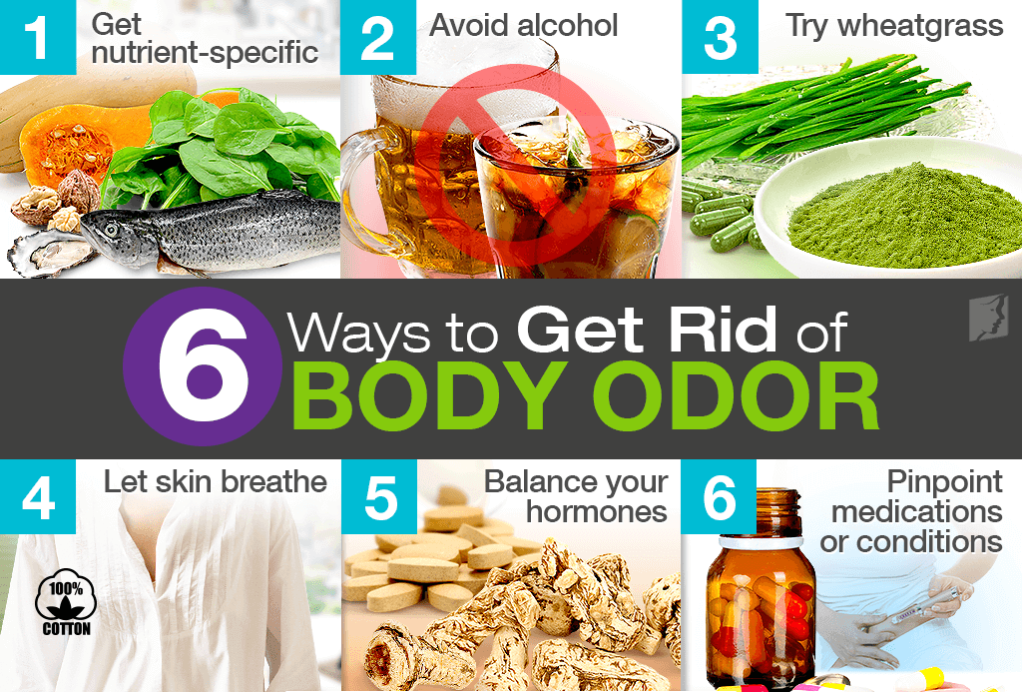It’s the season once again and this time, it is affecting everyone without a bias. A clean Southern Indian family belonging to the Brahmin community called me last week about their daughter’s health. She had chills, fever, rashes on her arms, headache, and extreme fatigue. Her diagnosis revealed that she had typhoid. She had a habit of eating outside and street food. However, this week, her mother, who doesn’t eat outside and is actually a hypochondriac, eats only home food. She too developed similar symptoms. Yesterday, she too was diagnosed positive for typhoid. I am writing to you to let you know that it is time for you to protect yourself from typhoid.
What is typhoid?
Typhoid fever is caused by Salmonella typhi bacteria. Typhoid fever was uncommon in clean households but now, seems to have gripped even them. It is now necessary to be cautious about where you buy your groceries in order to protect yourself from Typhoid.
Contaminated food and water is the most common cause of this fever. Signs and symptoms usually include:
- High fever
- Headache
- Stomach pain
- Constipation or diarrhea
Most people who have typhoid fever feel better a few days after they start treatment, Complications from negligence can worsen symptoms and can become fatal. Vaccines against typhoid fever are only partially effective and are not the best choice.
Symptoms of Typhoid
Signs and symptoms are likely to develop gradually — often appearing one to three weeks after exposure to the disease.
Early illness
Signs and symptoms include:
- Fever that starts low and increases daily, possibly reaching as high as 104.9º F
- Chills initially
- Headache
- Weakness and fatigue
- Muscle aches
- Sweating due to Pitta Jwara
- Dry cough
- Loss of appetite and weight loss
- Stomach pain
- Diarrhoea or constipation
- Rash
- Extremely swollen stomach
The later illness you may want to prevent
Without treatment, you may:
- feel restless and have hallucinations
- Lie motionless and exhausted with your eyes half-closed in what\’s known as the typhoid state
Life-threatening complications often develop at this time.
In some people, signs and symptoms may return up to two weeks after the fever has subsided.
It is extremely important to take appropriate steps to prevent typhoid infection.
Medication to cure Typhoid
When you are diagnosed with Typhoid, treatment must begin quickly so that there is an effective cure. Ayurveda has effective treatments through medications and proper dietary advice for typhoid who are affected by typhoid. It is best to consult your ayurvedic doctor if you have a fever with chills.
Dietary habits must be followed for several months after getting cured of typhoid to prevent a possible relapse. Ask your doctor for healthcare advice.
Diets that help your body fight Typhoid Fever
When you have typhoid, you must avoid all oils and ghee. You can consume well-cooked rice and eat it along with overcooked toor dal. The water from the dal along with rice is a good diet to regain proteins and prevent weight loss. Porridge and cottage cheese can be added to your diet.
Amongst fruits, bananas, sweet lime, sugarcane juice, and coconut water are good.
Glucose and buttermilk during the day will maintain energy requirements while the body fights the bacteria.
Vegetable soups such as carrot soup, and spinach soup will also help.
— Dr. Mahesh Krishnamurthy




